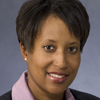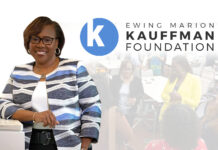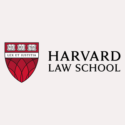 More and more health care services are being provided online. Since there remains a digital divide in access to online resources and a lack of knowledge of the resources available online, this information gap may be contributing to the nation’s racial health disparities.
More and more health care services are being provided online. Since there remains a digital divide in access to online resources and a lack of knowledge of the resources available online, this information gap may be contributing to the nation’s racial health disparities.
Scientists at the University of Kansas are studying the barriers keeping low-income African-American older adults from adopting technology and seeking health information online. The researchers conducted focus group sessions with older African American adults at local community centers.
Joseph Erba, assistant professor of journalism at the University of Kansas, reports that although most of those surveyed had access to the internet through computers or smartphones, “digital literacy skills represented more of a barrier to adoption than access to digital technology.” One of the biggest barriers respondents cited in acquiring online access was the lack of knowledge and skills and frustrating experiences in trying to learn.
Armed with those findings, the researchers designed a computer literacy and online skills course for low-income, African-American older adults at the same community center at which they held the focus groups. The input from participants helped ensure the course will meet their needs, and not just rely on assumptions about what they hope to learn.
 “This study is an important step to build strategies and health promotion programs with the community. Often programs that are targeted to underserved populations are designed without the patient or community members’ voice,” said Crystal Lumpkins, assistant professor of family medicine at the University of Kansas. “It is imperative that this element is included to avoid ineffective programming that is researcher-focused and void of translational information that is useful for the community.”
“This study is an important step to build strategies and health promotion programs with the community. Often programs that are targeted to underserved populations are designed without the patient or community members’ voice,” said Crystal Lumpkins, assistant professor of family medicine at the University of Kansas. “It is imperative that this element is included to avoid ineffective programming that is researcher-focused and void of translational information that is useful for the community.”
Dr. Lumpkins is a graduate of the University of Missouri, where she majored in broadcast journalism. She holds a master’s degree from Webster University in St. Louis and a Ph.D. in strategic communication from the University of Missouri.










